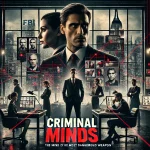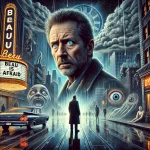Blade Runner 2049 (2017)
- phanthuthuy
- November 9, 2024
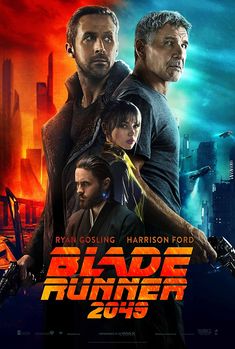
🤖🌆 Blade Runner 2049 (2017): A Visually Stunning Journey Through Identity, Humanity, and the Nature of Existence
Blade Runner 2049, directed by Denis Villeneuve, is a breathtaking and thought-provoking sequel to Ridley Scott’s sci-fi classic. Set thirty years after the original, the film follows K (Ryan Gosling), a replicant “blade runner” tasked with hunting down rogue replicants. During an investigation, he uncovers a long-buried secret that could shatter the boundaries between humans and replicants. His journey ultimately leads him to Rick Deckard (Harrison Ford), the elusive former blade runner, setting off a chain of events that questions the nature of reality, memory, and what it means to be human.

The film is visually spectacular, with Roger Deakins’ cinematography creating a mesmerizing world of neon-lit cityscapes, vast wastelands, and hauntingly beautiful landscapes. Every frame is a work of art, immersing viewers in a dystopian future that feels both awe-inspiring and deeply unsettling. Gosling’s portrayal of K brings a quiet intensity, capturing the replicant’s struggle for identity, purpose, and belonging. Harrison Ford’s return as Deckard adds emotional weight, bridging the new story with the legacy of the original.
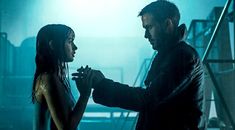
At its core, Blade Runner 2049 is more than a sci-fi spectacle; it’s a meditation on memory, identity, and the boundaries that define us. Through K’s journey, the film explores existential questions that resonate beyond its futuristic setting, challenging viewers to consider what makes us human.
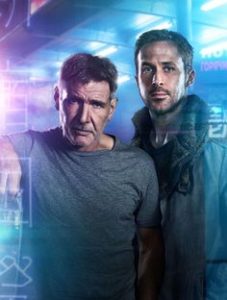
With its stunning visuals, compelling performances, and profound themes, Blade Runner 2049 is a modern masterpiece. It stands as a worthy successor to the original, expanding its universe while delivering a deeply moving and intellectually engaging experience that lingers long after the credits roll.


